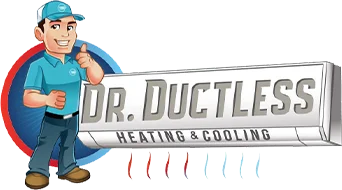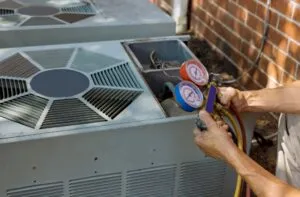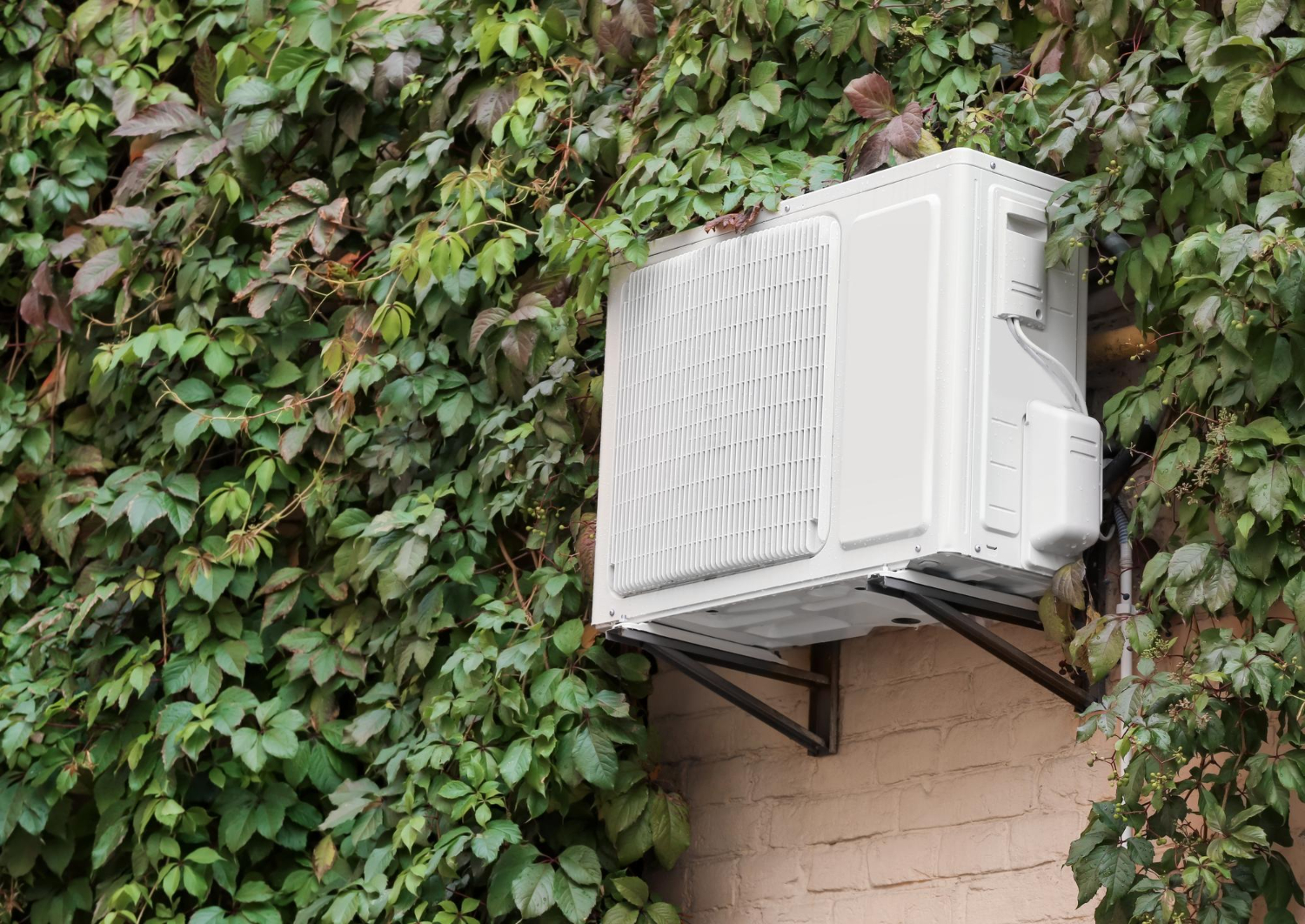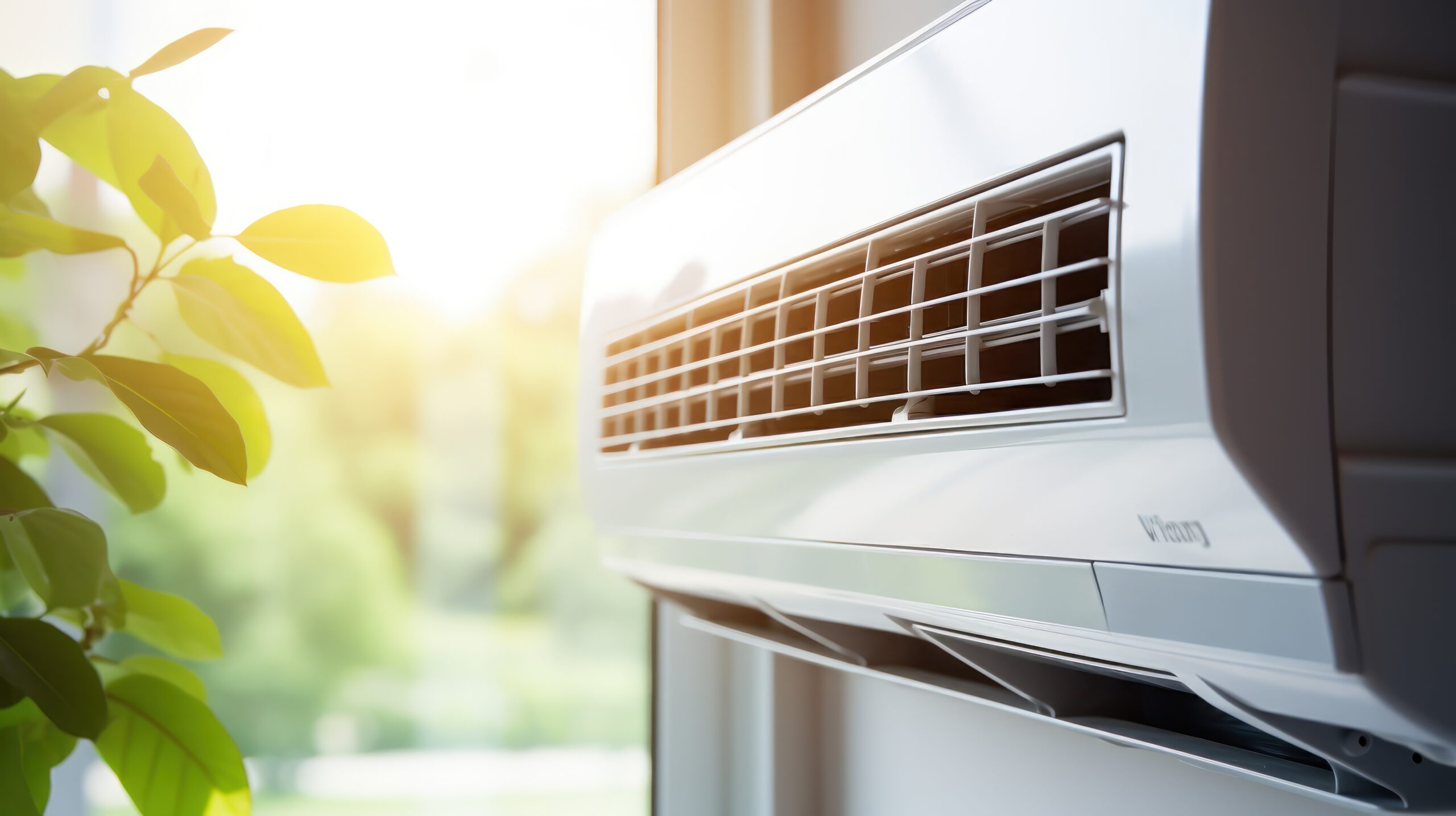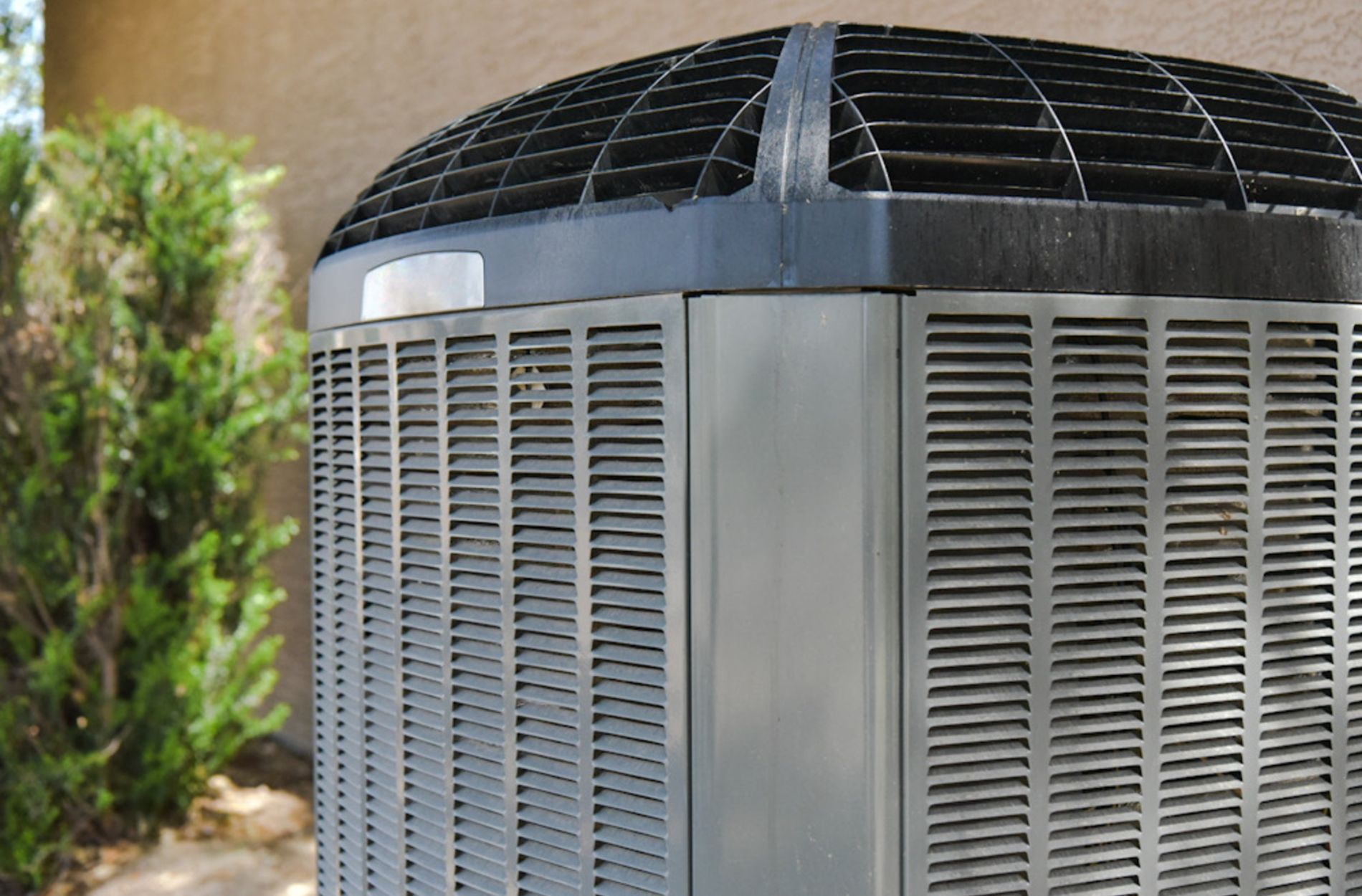Understanding the typical lifespan of HVAC equipment is essential for homeowners and property managers. The longevity of your HVAC system can impact not only your comfort but also your energy costs and maintenance budget. Various factors influence how long these systems last, from the quality of the installation to the frequency of maintenance.
Different HVAC components have different expected lifespans. Air conditioners, furnaces, heat pumps, and ductless mini-splits all have their unique longevity characteristics. Knowing what to expect from each type of equipment can help you plan for eventual replacements and budget accordingly. It can also guide you in making informed decisions about when to repair or replace a unit.
Our professionals at Dr. Ductless Heating & Cooling are dedicated to helping you get the most out of your HVAC system. By understanding the signs that your equipment needs replacement and following some essential maintenance tips, you can extend the lifespan of your system and maintain a comfortable indoor environment.
Factors Influencing the Lifespan of HVAC Equipment
Several factors can influence how long your HVAC equipment lasts. One of the primary factors is the quality of the initial installation. Proper installation by our professionals ensures that all components are correctly set up and the system is optimized for efficient operation. Poor installation can lead to premature wear and tear, reducing the equipment’s lifespan.
Regular maintenance is another crucial factor. Keeping up with routine maintenance tasks such as filter changes, coil cleaning, and annual inspections can significantly extend the life of your HVAC system. When these tasks are neglected, dust, debris, and general wear can harm the system’s performance and longevity.
The usage pattern also impacts the lifespan of HVAC equipment. Systems that run constantly or are set to extreme temperatures might wear out faster. It’s essential to use the system efficiently and avoid overworking it.
Additionally, environmental conditions can affect your HVAC equipment. For example, systems exposed to corrosive elements or harsh weather conditions may degrade faster. Ensuring that outdoor units are protected from the elements and kept clean can help mitigate this issue.
Typical Lifespans of Different HVAC Components
- Air Conditioners: Air conditioners generally last between 10 to 15 years. The lifespan depends on various factors, including the quality of the installation, the frequency of maintenance, and how often the unit is used. Using the air conditioner efficiently and ensuring regular service can help maximize its lifespan.
- Furnaces: Furnaces typically have a longer lifespan than air conditioners, usually lasting between 15 to 20 years. The exact lifespan can vary depending on the type of furnace, quality of installation, and maintenance routine. Regularly inspecting and maintaining the furnace can help ensure it performs well for many years.
- Heat Pumps: Heat pumps can last anywhere between 10 to 15 years. They are used for both heating and cooling, which means they might experience more wear and tear over time. Ensuring that the system is serviced regularly and used efficiently can extend its operational life.
- Ductless Mini-Splits: Ductless mini-splits often have a lifespan of around 12 to 15 years. These systems are highly efficient and require less maintenance compared to traditional HVAC systems. Regular cleaning of the filters and occasional professional inspections can help maintain their performance and extend their lifespan.
Each type of HVAC component has its typical lifespan, but the actual longevity can vary based on several factors, including maintenance, usage patterns, and environmental conditions. Understanding these lifespans can help you plan for eventual replacements and ensure that your home remains comfortable.
Signs Your HVAC Equipment Needs Replacement
- Increased Energy Bills: One of the first signs that your HVAC equipment may need replacement is a noticeable increase in energy bills. If your bills have been steadily climbing despite consistent usage patterns, your system might be losing efficiency. Over time, HVAC systems can wear out and work harder to maintain the same level of comfort, resulting in higher energy consumption.
- Frequent Repairs: If you find yourself calling for repairs more often, it could be a sign that your HVAC equipment is nearing the end of its lifespan. Frequent breakdowns can be both inconvenient and costly. While occasional repairs are normal, a system that needs constant attention may be more cost-effective to replace rather than continue to fix.
- Inefficient Heating or Cooling: Another indicator that it might be time to replace your HVAC system is inefficient heating or cooling. If your system struggles to maintain the desired temperature or if some rooms are consistently too hot or too cold, it could indicate that your equipment is no longer functioning effectively. Poor performance in temperature regulation can be a sign that the system is wearing out and may need to be replaced.
Tips to Extend the Life of Your HVAC System
- Regular Maintenance: Regular maintenance is crucial for extending the life of your HVAC system. Simple tasks like changing filters, cleaning coils, and checking refrigerant levels can make a significant difference in how well your system operates. Scheduling a maintenance check at least once a year can help identify and address small issues before they become major problems.
- Keeping the System Clean: Keeping your HVAC system clean is another essential tip. Dirt and debris can accumulate in your system over time, reducing its efficiency and potentially causing damage. Regularly cleaning or replacing the air filters, ensuring that the outdoor unit is free from debris, and keeping the indoor unit dust-free can help maintain peak performance.
- Scheduling Professional Inspections: While basic maintenance can be done by homeowners, scheduling professional inspections ensures that your system is thoroughly checked and serviced. Our professionals at Dr. Ductless Heating & Cooling can inspect electrical connections, check for refrigerant leaks, and perform other detailed checks that can extend the lifespan of your HVAC equipment. Annual inspections can keep your system running efficiently and help you avoid unexpected breakdowns.
Conclusion
Knowing the typical lifespan of your HVAC equipment and being aware of the signs that indicate it may need replacement can help you maintain a comfortable and efficient home. Factors like installation quality, regular maintenance, and usage patterns all play a role in how long your system will last. By following essential maintenance tips and scheduling regular professional inspections, you can extend the life of your HVAC system and delay the need for a costly replacement.
For expert help with your HVAC system, trust the team at Dr. Ductless Heating & Cooling. Whether you have a ductless air conditioner in Los Angeles or mini-split ACs, our professionals are here to provide high-quality maintenance, repair, and replacement services to keep your home comfortable year-round. Contact us today to schedule an appointment and ensure your HVAC system lasts as long as possible!
